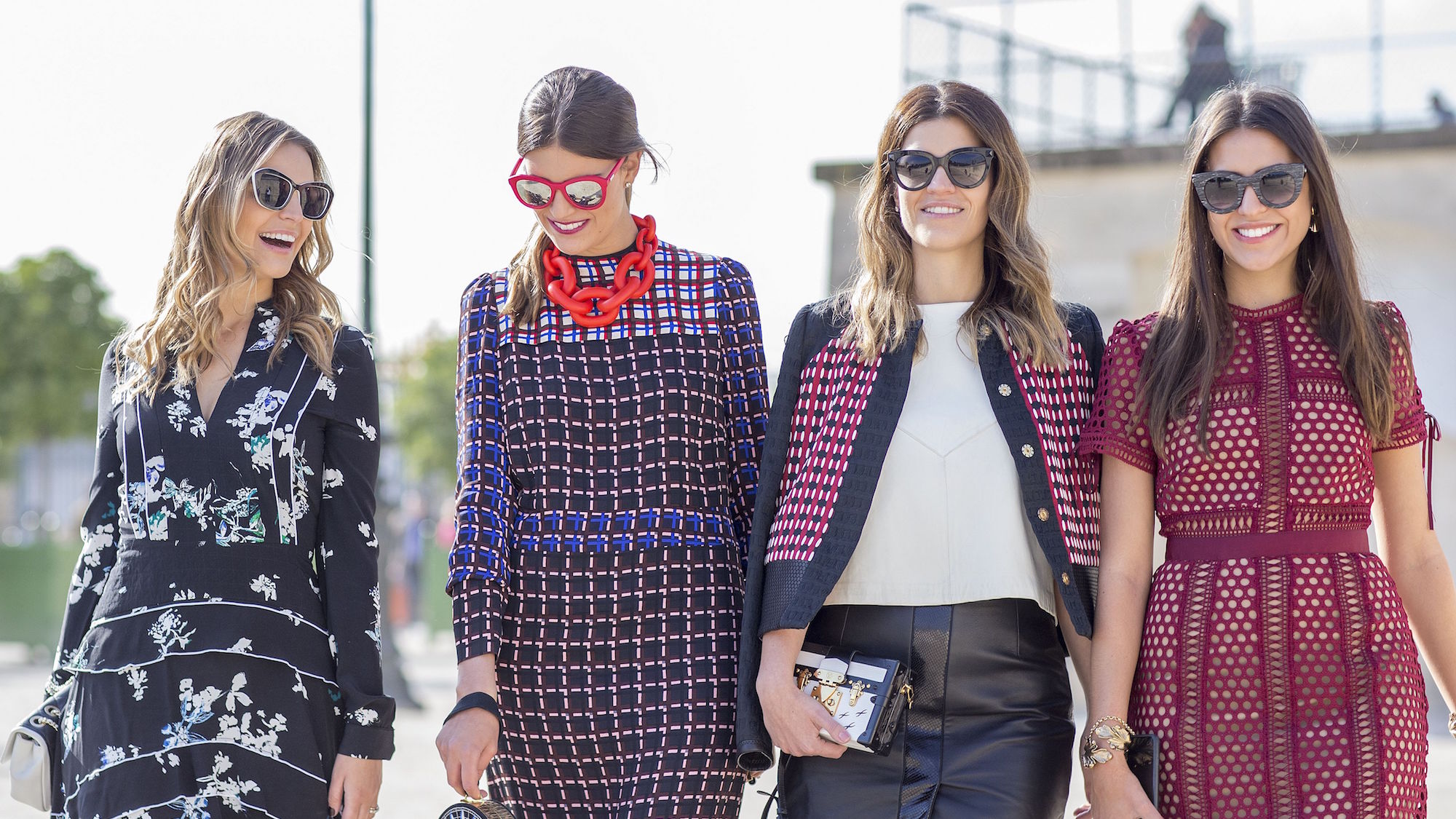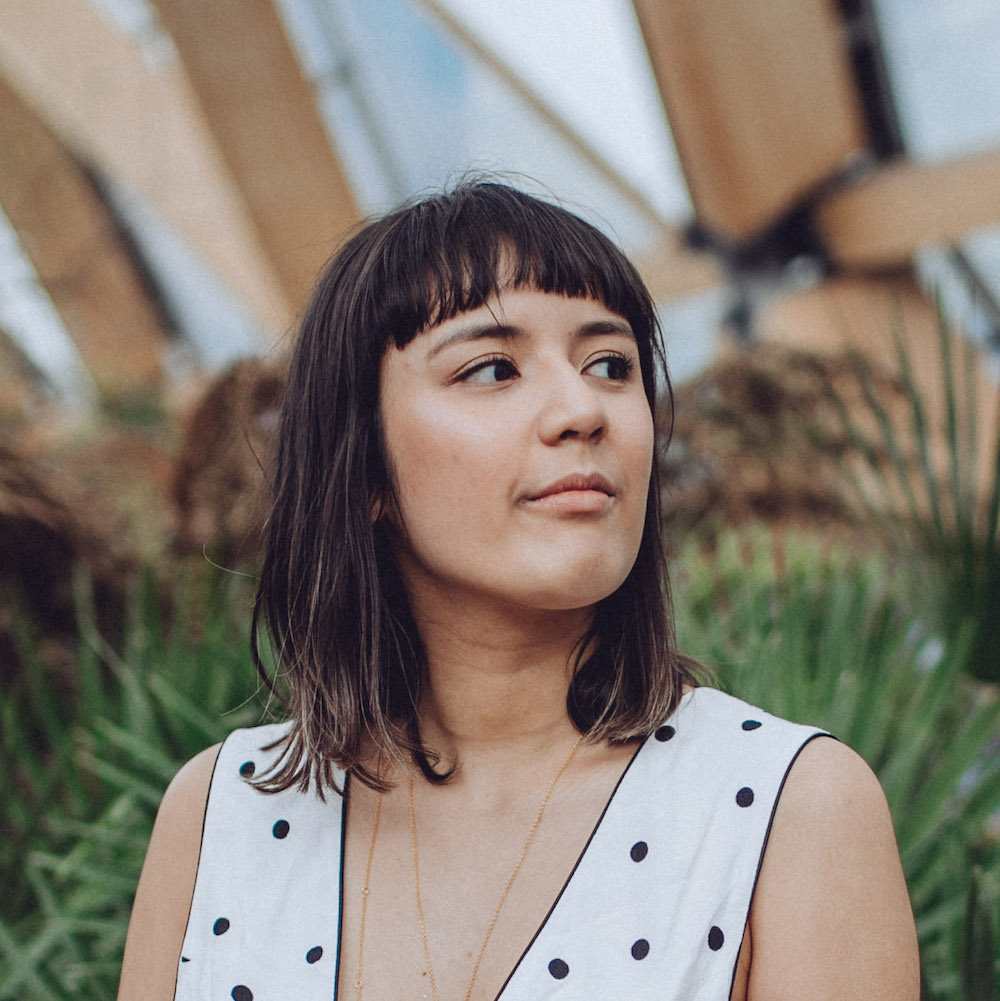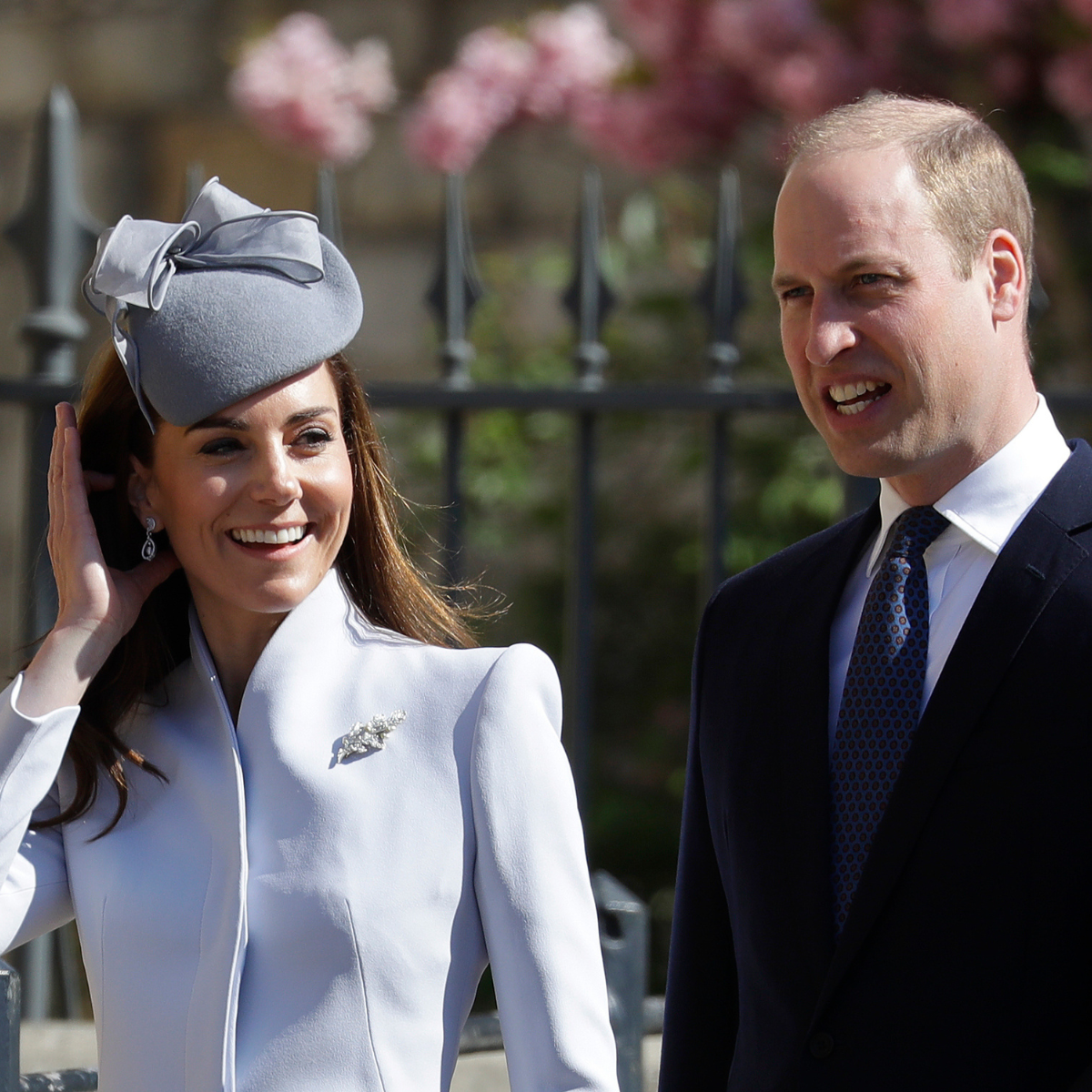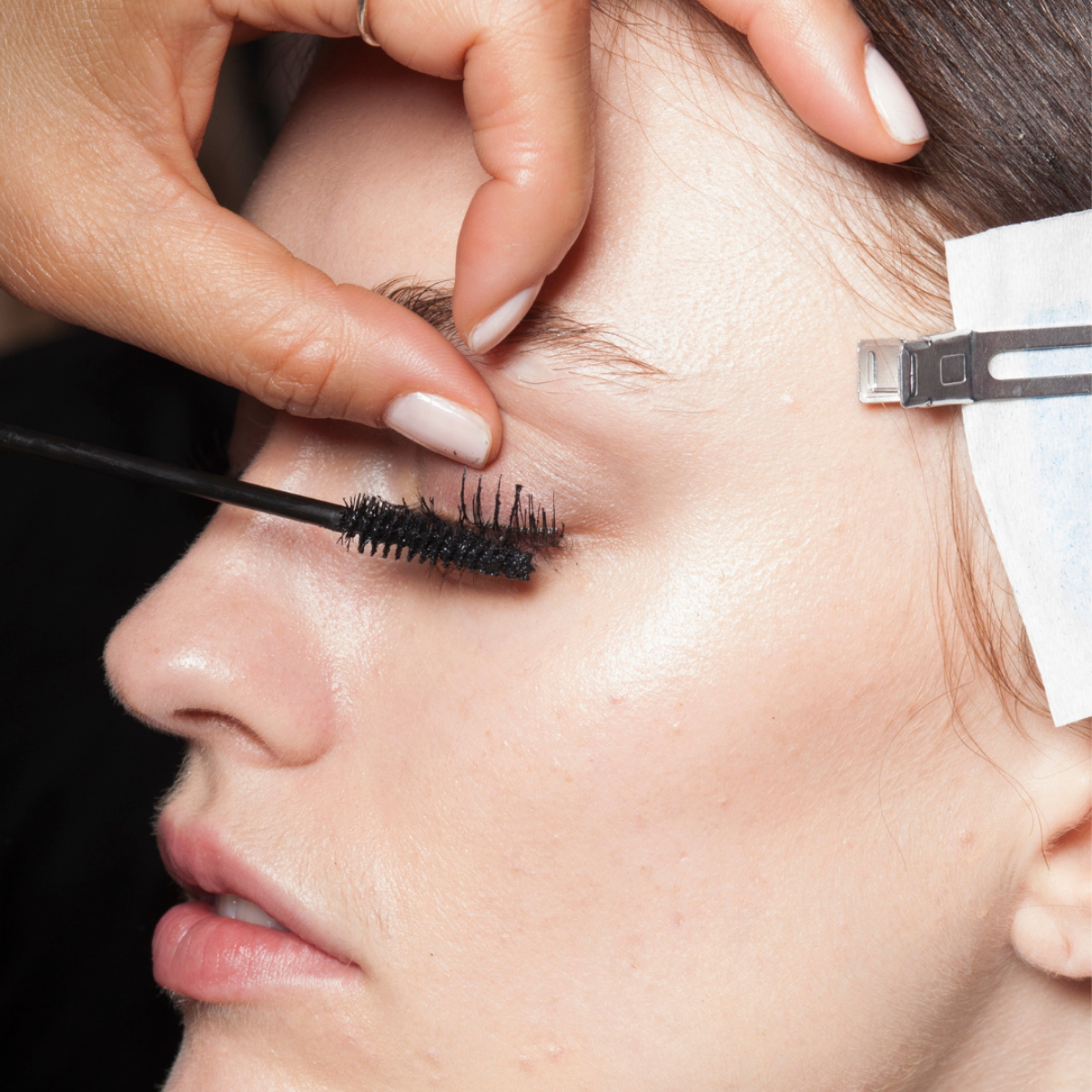Who you hang out with in secondary school affects your adult mental health says a new study
So, when's that ten year reunion?


So, when's that ten year reunion?
It turns out that being popular in secondary school might not be all it’s cracked up to be. A new study published in the journal Child Development has revealed that people who have fewer (yet much closer) friends as a teen show fewer symptoms of depression and social anxiety, as opposed to their peers with less meaningful relationships.
Researchers at the University of Virginia tracked the mental health of 169 teens between the ages of 15 and 25, interviewing them at intervals about topics such as their friendships, sense of identity and their position in society. They cast their net wide, interviewing a diverse range of teens from different racial and socioeconomic backgrounds, and found that adolescent friendships had long-lasting effects on adult mental health.
Teens who had ‘high-quality friendships’ (namely ones that offered strong emotional support and deep meaningful interactions) were more likely to have high opinions of themselves at 25 years old than those with a wide net of superficial relationships. They also exhibited lower levels of social anxiety and depression than their peers, and also had more positive expectations of their adult friendships as an emotional support system.
Rachel K. Narr, one of the lead researchers on the study, told Quartz, ‘My hunch was that close friendships compared to broader friendship groups and popularity may not function the same way. Being successful in one is not the same as being successful in the other.’
One variable that the study was unable to touch on social media’s effect on mental health and friendships, as it took place prior to the boom of platforms like Snapchat and Instagram. However a co-writer of the study, Joseph P. Allen acknowledged the new landscape.
‘As technology makes it increasingly easy to build a social network of superficial friends, focusing time and attention on cultivating close connections with a few individuals should be a priority,’ he said.
Marie Claire Newsletter
Celebrity news, beauty, fashion advice, and fascinating features, delivered straight to your inbox!
Speaking from personal experience, I wasn't by any means an outsider at school but I did have a small core group of close friends. We supported each other through everything from expulsions to university applications and I can recall a number of deep conversations that have definitely affected the way I approach my life. I feel that having those people set the benchmark for my adult friendships and I go out of my way now to create longer lasting connections, as opposed to the occasional acquaintance.
Without that support system growing up, I don't think I'd now have the confidence to call out toxic friendships and not feel pressured to fit a one-size-fits-all mould of likability. Because I know what it's like to have deep, life-changing connections with other people, I try to pour myself into my friendships - yet always bearing in mind that I should expect the same from them.
Megan is a freelance journalist who covers entertainment and all things lifestyle, with a particular passion for fashion, beauty, travel and Keanu Reeves stories. She has previously worked on staff for titles including Marie Claire UK, CNN Style and The Evening Standard and has written for titles such as Bustle UK, Wallpaper*, Forbes and Hong Kong Tatler. She splits her time between London and her hometown Hong Kong, where she currently lives with the love of her life - an elderly dog named Poppy - and her husband.
-
 Margot Robbie's new necklace has the most emotional meaning
Margot Robbie's new necklace has the most emotional meaningSo sweet
By Iris Goldsztajn
-
 Why Kate and William made the shock decision to skip Easter service
Why Kate and William made the shock decision to skip Easter serviceThey're usually a mainstay at the annual event
By Iris Goldsztajn
-
 I get lash lifts regularly—here’s how I combat 'lash dehydration’, as per expert advice
I get lash lifts regularly—here’s how I combat 'lash dehydration’, as per expert adviceHow I've got my flutter back on track...
By Rebecca Fearn